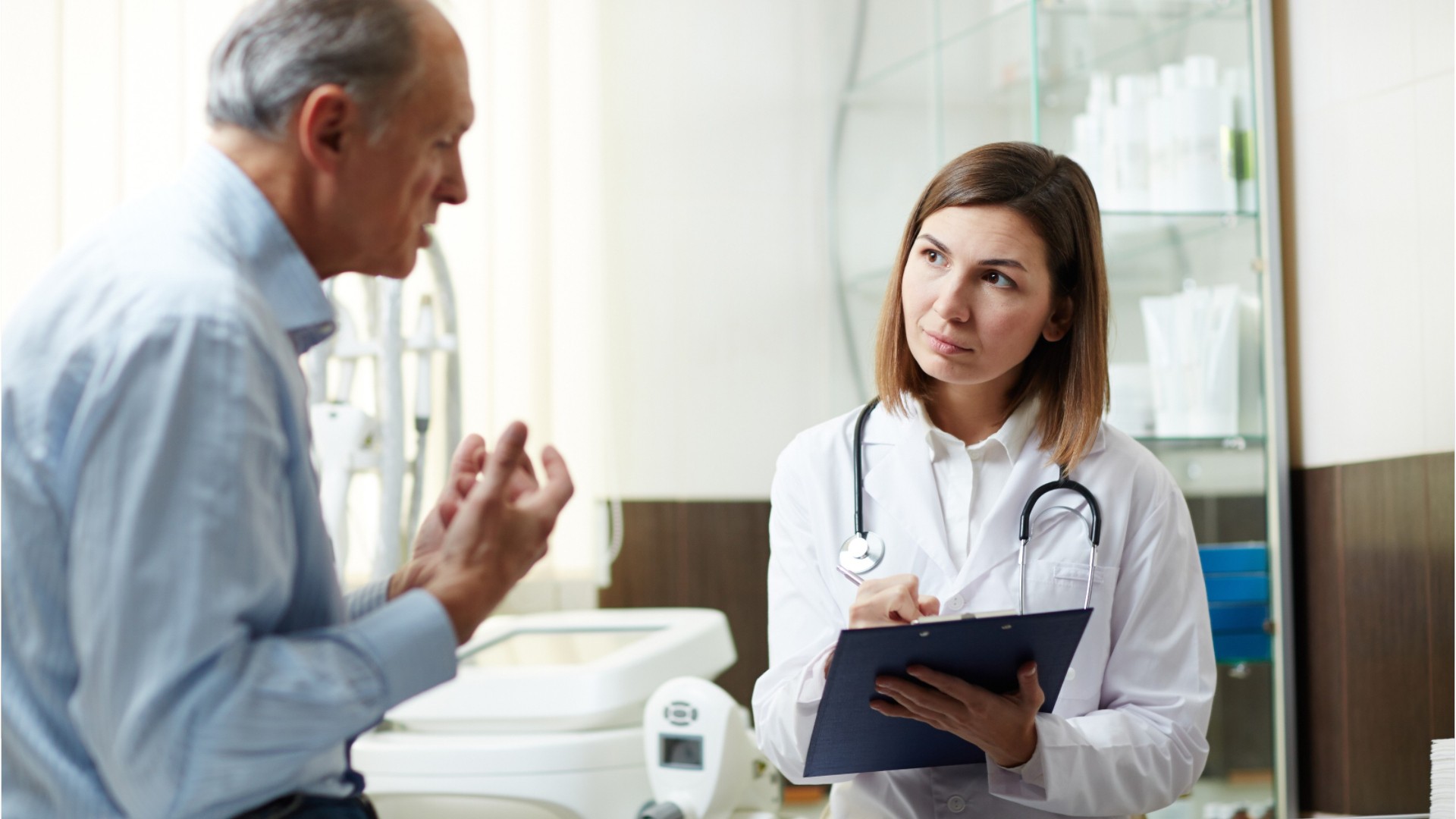
Imagine walking into the hustle and bustle of a busy medical clinic in the heart of infertility Buckhead. The air is thick with anticipation, anxiety, and a keen thirst for knowledge. From the nervous first-timers to the experienced health warriors, every face tells a story. These clinics are not just places of treatment, but also vital centers for public health education. Through these doors pass crucial information about disease prevention, nutrition, and the latest health trends. Today, let’s delve into the powerful role these medical clinics play in shaping our understanding and practice of public health.
Guardians of Public Health
Think of medical clinics as the first line of defense in our health battle. They catch diseases early, nip unhealthy behaviors in the bud, and teach us how to stay fit and healthy. They equip us with vital tools – knowledge, awareness, and self-care techniques. A powerful weapon in combating widespread diseases and fostering a healthier community.
Dispensers of Knowledge
Ever wondered what that strange mole on your skin might mean? Or how to manage your persistent back pain? Medical clinics step in to fill these gaps in our knowledge. They teach us about early warning signs of diseases, the importance of regular check-ups, and how to lead a healthier life. They break down complex medical jargon into simple, digestible information. No question is too silly; no concern is too small.
Fostering Healthy Behaviors
Medical clinics don’t just focus on treating diseases. They also promote healthy behaviors. They encourage regular exercise, balanced diets, and timely sleep. They discourage smoking, excessive drinking, and unhealthy eating patterns. They’re not just about patching up wounds; they’re about preventing the wounds from happening in the first place.
Spreading the Latest Health Trends
In a world where health trends change faster than fashion trends, medical clinics are our reliable sources of the latest information. They sift through the noise of new diets, fitness routines, and health supplements. They handpick what works and warn against what doesn’t. They keep us safe in a world teeming with misinformation and dubious health tips.
Conclusion
Medical clinics are crucial pillars of public health education. They are not just the places we go when we feel unwell. They’re our partners in our lifelong journey of health. They’re the reassuring voice that guides us, the helping hand that supports us, and the stern mentor that keeps us on track. So, the next time you walk into a medical clinic, remember, you’re not just stepping into a place of treatment; you’re walking into a center of knowledge, a promoter of healthy behaviors, and a guardian of your health.